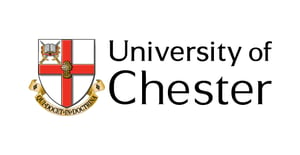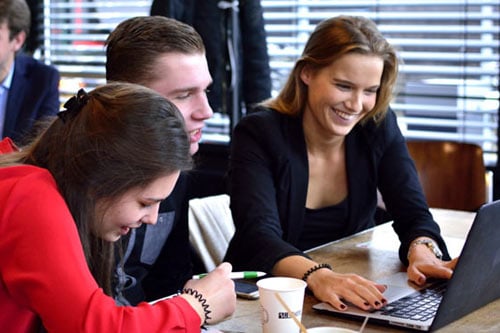"The results of the Internal Student Survey (ISS) showed that students found it particularly useful to have something so competitive, so interactive and so different to what they have done before. What they shared with me was how much their experience was enhanced." Dr. Konstantina Skritsovali
On Thursday 20th October we hosted a webinar together with guest speaker, Dr. Konstantina Skritsovali, Senior Lecturer from Liverpool John Moores University and Edumundo's own, Leon Lloyd. Here we discussed her approach of using business simulations to develop students' employability skills, preparing them for the world of work upon graduation.
In this blog article, we provide a recap of the key highlights and insights presented and discussed during the webinar including: examples of participants' questions at the end and a sneak peek at our Phone Ventures simulation.
Student Engagement leads to Skills Opportunities
"Online collaboration seems to be boosting productivity... it's a skill graduates should have and comes from the changes the Covid pandemic placed on us."
This is the third time Konstantina has been using business simulations on her Level 6 Strategic Management module. Using data from the Internal Student Survey at Liverpool John Moores University she's found that students do find the simulation "challenging" but rewarding. As she explained:
"Because it's a game, it should be fun and it is fun! This is something we may be missing sometimes, applying theory on case studies or trying to find out what other businesses have done can sometimes be dull. If you do that on a weekly basis you can see students start to feel a bit bored."
The pandemic played a part in challenging academics to find more engaging activities for students and for Konstantina this provided a catalyst for simulation-based learning.
"The results couldn't have been better. I started working with the simulation at the beginning of the pandemic so we had absolutely no interaction with the students as we were entirely remote. The results of the Internal Student Survey (ISS) showed was that students found it particularly useful to have something so competitive, so interactive and so different to what they have done before. What they shared with me was how much their experience was enhanced."
Fostering student engagement led also to a competitive and realistic business environment that enabled students to develop and utilise key employability skills.
"The fact they have to go through problem solving and decision making on a weekly basis. It brings into class a real business environment where they have to work under pressure, react to changes but at the same time to work proactively to help their company succeed in the future."
The Skills Agenda - What Skills do Students need?
"It's definitely a chance for students who have a certain specialism and have followed a particular route to see what it feels like to collaborate with other departments within a business."
For many, the pandemic changed the perception of the traditional "workplace". With businesses reverting to remote working new skills needed to be developed. Konstantina explains the importance of digital business analytics as well as adaptability and flexibility skills as key competencies that employers look for in their staff.
"Digital business analytical skills provide a way for students and graduates to develop a digital ecosystem. The business simulation allows them to collaborate and communicate during the seminars but also outside of the classroom. They also gain adaptability and flexibility skills so they can manage their time effectively. It's not always easy to transfer this to the workplace unless they have been given the opportunity beforehand. The engagement they get from a business simulation exercise gives them a competitive advantage ahead of other graduates who didn't have this experience."
At this point Leon shared with participants McKinsey & Company's report: Building workforce skills at scale to thrive during—and after—the COVID-19 crisis which outlined the types of skills employers are looking for with the focus being on social, emotional, and advanced cognitive skills, as well as digital fluency. Leon explained:
"The more and more we are working online in our roles this [digital fluency] is really important and it's something that comes across really strongly in the simulation, as well."
Konstantina went further to explain changes in students' attitudes to their company's performance in the simulation.
"One of the things they cannot really get their heads around, which is a surprise, is not how they will make their company financially successful but how they can keep their staff happy and motivated... this sense of empathy they develop by trying to analyse the results from the previous financial year is something they develop throughout the weeks of undertaking the simulation."
Professional Networking Events
"One thing we shouldn't forget is that we're preparing students to be future managers and they will be responsible for the way the World is moving after they graduate."
At Liverpool John Moores University, Konstantina and her colleagues offer networking events for students with company representatives. This will be the third year students are able to network with potential future employers with this year having a particular focus on sustainability and green strategies. Konstantina explained the link between the simulation and the networking event:
"We link this [event] at the same time students are asked to think more about the sustainability agenda with their company in the simulation."
"PRIME" Time for Liverpool Business School
Liverpool Business School at Liverpool John Moores University has also recently joined The Principles of Responsible Management Education (PRIME) organisation. Konstantina explained their role and approach now that they're members:
"We have started taking a very active role into PRIME. We have a team of PRIME Coordinators bringing these principles down to different levels into university not just teaching and research levels but also operational. We are keen members and we are taking every opportunity to be more active."
If you are interested in finding out more about our business simulations in general, click on the button below otherwise sign-up for updates on future webinars further down!
DID YOU MISS THE WEBINAR? DON'T WORRY... View the recording
LOOKING FORWARD TO OUR NEXT WEBINAR? Sign-up to our newsletter for updates.

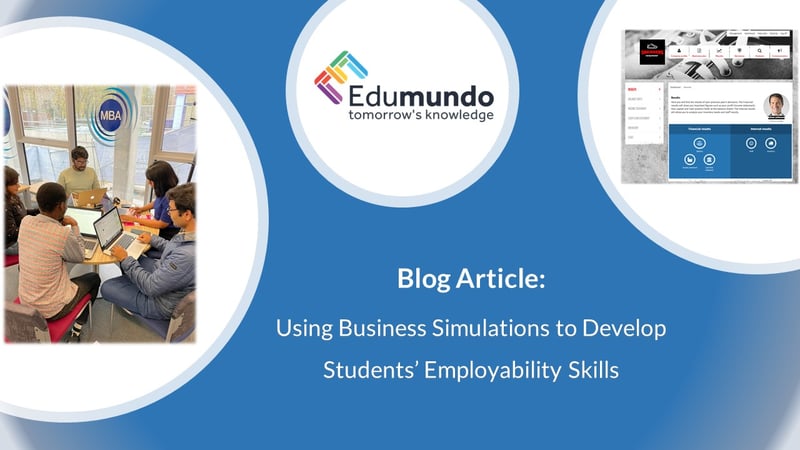
.png?length=300&name=unnamed%20(11).png)
.png?length=300&name=unnamed%20(7).png)
.png?length=300&name=unnamed%20(8).png)
.png?length=300&name=unnamed%20(6).png)

.png?length=300&name=unnamed%20(10).png)
.png?length=300&name=unnamed%20(5).png)
.png?length=300&name=unnamed%20(9).png)
.png?length=300&name=unnamed%20(4).png)
.png?length=300&name=unnamed%20(2).png)
.png?length=300&name=unnamed%20(1).png)
.png?length=300&name=unnamed%20(3).png)
.jpg?length=300&name=unnamed%20(2).jpg)
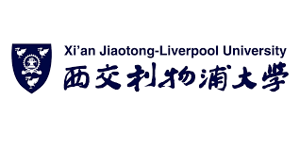
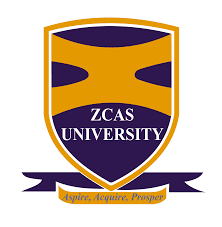
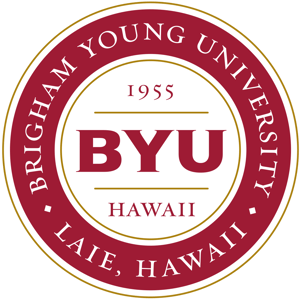

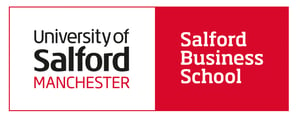
.png?length=300&name=loughborough-university-logo%20(small).png)

